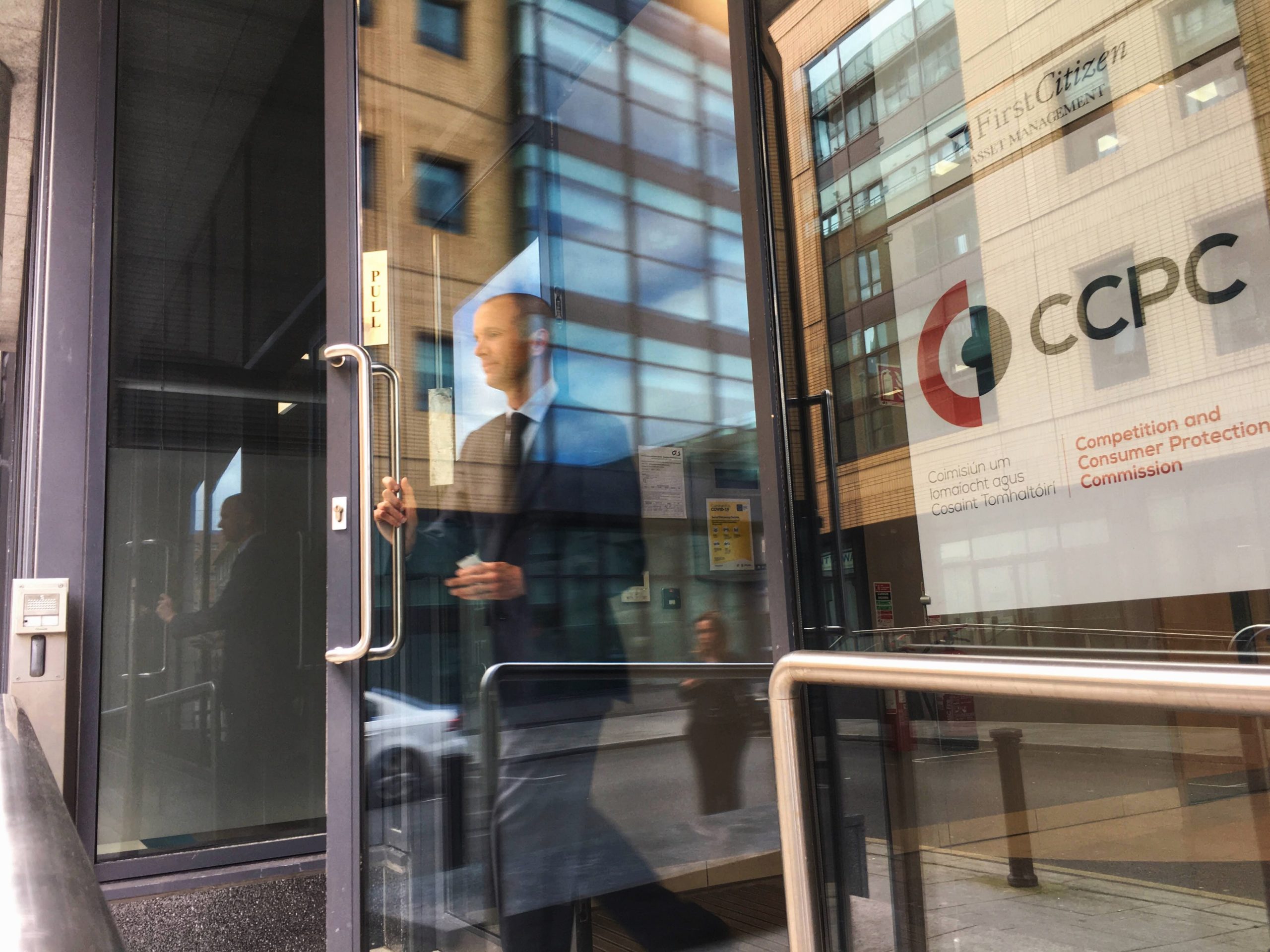The Competition and Consumer Protection Commission (CCPC)’s offices look as if the state watchdog has moved out when I visit to interview Brian McHugh, the commission member overseeing competition enforcement and mergers. The walls are bare except for a modern painting in McHugh’s office. Only himself and the CCPC’s communications manager have come in to meet me. Since the onset of Covid-19, lawyers, economists and clerical workers have deserted the vast open plan – one of several floors occupied by the organisation in a recent building shared, among others, with the Companies Registration Office. They form part of the cluster…
Cancel at any time. Are you already a member? Log in here.
Want to read the full story?
Unlock this article – and everything else on The Currency – with an annual membership and receive a free Samsonite Upscape suitcase, retailing at €235, delivered to your door.

